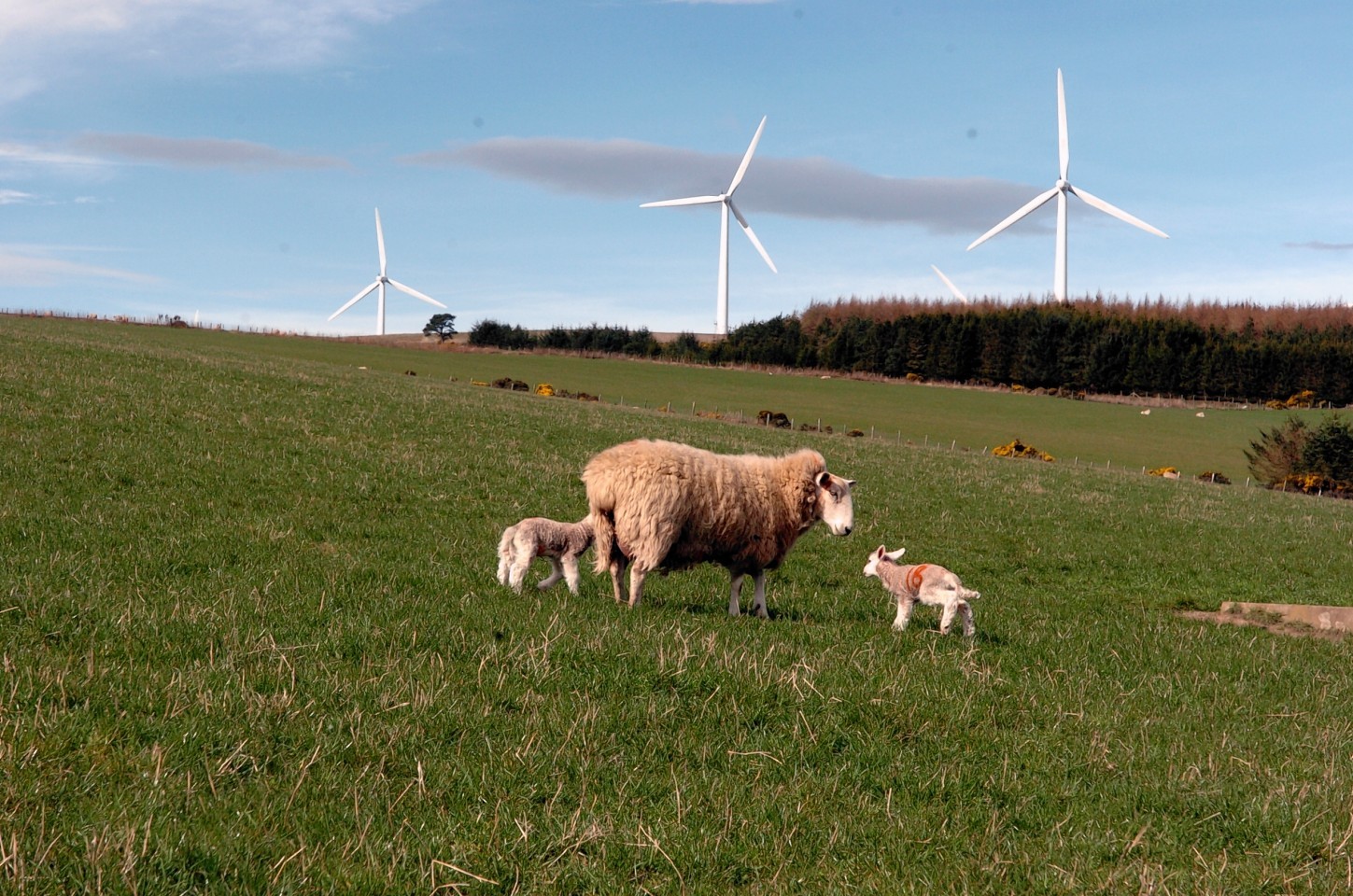The first round of direct support subsidy payments under the new Common Agricultural Policy (Cap) regime in 2015 could be delayed by up to four months, sources have claimed.
The Scottish Government has insisted that it is on track to make 90% of its payments on time by the end of December next year, but industry leaders have told the Press and Journal that payments could be made as late as April 2016.
Minutes from a meeting of the government’s Cap stakeholder group, held in July, reveal concerns were raised that the first round of subsidy payments could be late.
They state: “SG [Scottish Government] has huge on-going programme to ensure systems are in place in time. SG has good record on payments. However, 2015 will not be a normal year and unlikely that we will meet the usual 90+% payments in Dec 2015. SG has been making plans to reduce risk of delays but risks remain.”
The minutes from the meeting also reveal that NFU Scotland’s director of policy Jonny Hall “suggested the group had a responsibility to convey this message to their farm members so that farmers can plan for possible later payments”.
As far as the P&J understands, this message has not been delivered to farmers with the majority expecting payments as usual next December.
A Scottish Government spokeswoman last night said any discussions about delayed payments had been hypothetical and the government believed it was on track to make payments on time.
She said: “Scotland’s implementation timetable for Cap reforms is both realistic and achievable. The Scottish Government has a strong track record in making farm payments on time or ahead of deadline – with typically 90% of farmers receiving their Single Farm Payment by the end of December.
“The payment window (the period allowed within which to make payments) is set by Europe, in legislation, but we are aiming to achieve similar results under the new Cap and will keep the implementation timetable under constant review to ensure farmers receive their payments.”
The payment window, as defined by European legislation, is for payments to be made between December 1 and June 30 the following year.
Last month, Audit Scotland delivered a report to the Scottish Parliament, which warned implementation of Cap reform could cost nearly £10million more than planned.
It estimated the government’s five-year Futures Programme – designed to implement Cap reform – will cost £137.3million, up 7.4% or £9.5million from the budget drawn up in March this year.
It said Cap implementation had proved “significantly more complex and challenging than anticipated” and it was unlikely to deliver the full scope and all of the benefits originally planned.
The government’s implementation of Cap reform has been criticised by industry in recent months, with farmers saying they are very much in the dark about the rules they need to adhere to in order to receive payments.
Speaking at NFU Scotland’s council meeting in Battleby, near Perth earlier this week, the government’s chief agricultural officer Drew Sloan revealed that official guidance on greening under the new basic payments scheme was set to be made available to farmers online either this week or next.
He insisted the publication of the guidance was not too late and said it was vital farmers made themselves familiar with the rules.
“Every farmer must meet the greening requirements. It does not matter where you are, or where you farm. You must decide how you will meet the greening requirements,” he said.
“Most people are already green, but many people who don’t read the guidance may get a shock when they find out next year that they are not green.”
NFU Scotland chief executive Scott Walker last night said: “We [the union] have been concerned for a long time that the implementing the new system and getting all the checks that need to be done in place, could result in the single farm payment being delayed.
“I think it’s important to keep the pressure on the government to throw all the resources at the system that are necessary.”
He said industry would get a clearer picture about whether or not next year’s subsidy will be delayed following the delivery of letters to farmers later this month outlining what payment regions their land has been put into it.
Farmers will have 60 days to challenge the government’s classification of their land.
Mr Walker added that the union had asked Europe about whether a back up plan for subsidy payments would be allowed in the event of delays.
The suggestion of paying 90% of a projected subsidy payment in December, with the rest paid once all the applications had been properly processed, was rejected by EU officials who said it was not possible to ask for this when this year’s payments were yet to be paid.
